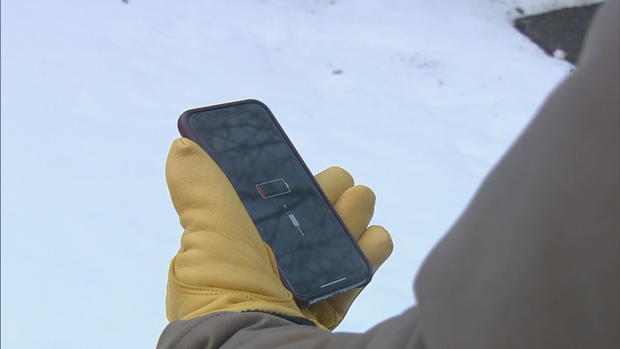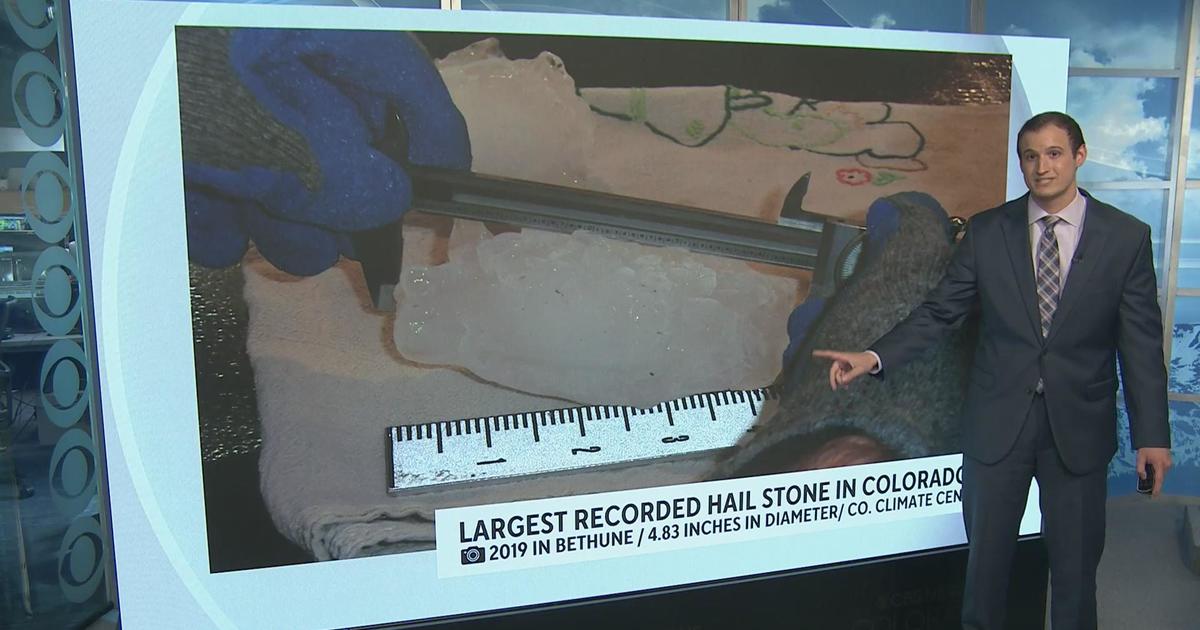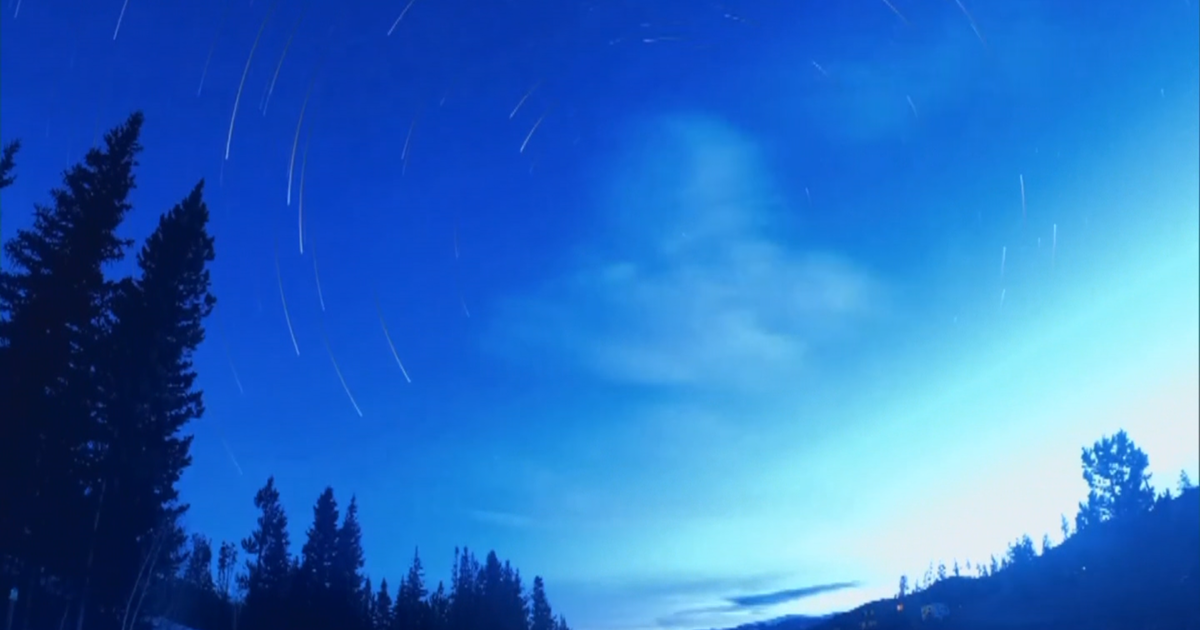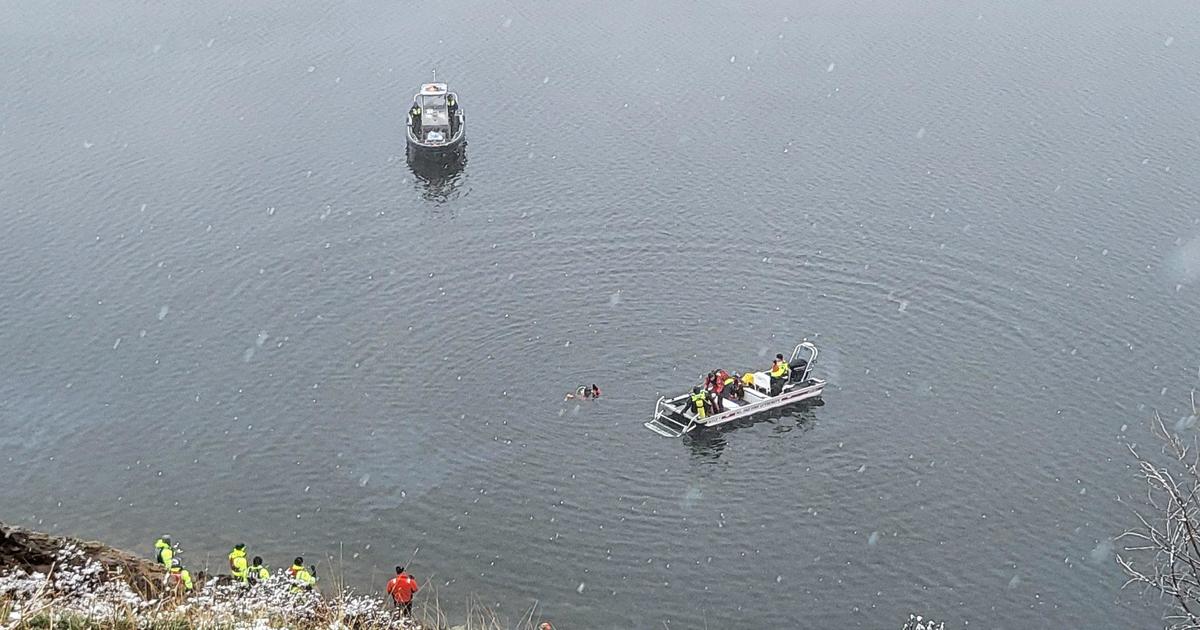Colorado Search & Rescue Groups Warn Hikers Against Relying Solely On Your Cellphone After Hiker Ignores Calls
SUMMIT COUNTY, Colo. (CBS4) - Search and rescue crews say relying on your cellphone when you're alone in the backcountry can be risky. As the winter season kicks off, they're reminding those headed outside that there are many ways you can prepare.
"It's best if you go with a partner. A hiking buddy. But we also understand that a lot of people like to hike by themselves. Maybe their friends can't go, and maybe it's a spur-of-the-moment thing. Just make sure that you tell somebody where it is that you're going and what time you're going to be out," said Charles Pitman, Mission Coordinator for the Summit County Rescue Group.
An incident on Mount Elbert earlier this month where a lost hiker ignored calls from search and rescuers because he didn't recognize the number is one reason this is good advice. It prompted rescuers to make a public plea for lost hikers to answer repeated calls to confirm you're okay. The crews on Mount Elbert eventually discovered this hiker was.
More than that, it's a reminder to hikers to be prepared for changing conditions and that reliance on a cellphone isn't always the best idea.
A recent viral post on Facebook was flagged for containing "partly false information." The post suggests that if you're lost, you can change your voicemail to give your approximate location and anyone looking for you will know where to find you. Pitman says it's misleading information like this that can give hikers a false sense of security.
"Number one is you can't change your voicemail if you don't have access to a cell tower, and if you leave your phone on in the backcountry, and you don't have access to a cell tower you eat up battery life very, very quickly. So, our recommendation is as soon as you leave the trailhead, either turn your phone off or place it in airplane mode," said Pitman.
TJ Greene, owner of Wilderness Sports, says another great solution is a GPS device. He says there are a range of good products to choose from. His shop plans to stock the Garmin InReach next month.
"I take it with on long motorcycle trips or trips in the backcountry. I can text my wife if there's no cell signal. You can call search and rescue. You can send out SOS signals if something goes really wrong. You can also set it up to be where people can track you so you can send a link to your friends, family and they can keep an eye on where you are through the InReach," said Greene.
The devices aren't cheap. They will cost you anywhere between $350 and $450, but they work.
"I've gotten stuck in the backcountry in interesting situations that were very difficult to get out of and would've been a lot easier with help if I could've reached people," said Greene.
While he hasn't had to use his device ever, he's glad to have it.
"I think the longest I've had it turned on is a week, and I still had plenty of battery life left," he said.
Pitman says there are also inexpensive GPS applications you can download to your smartphone that work without cell signal and have maps for the specific areas you plan to hike.
Regular backcountry users recommend the following resources:




